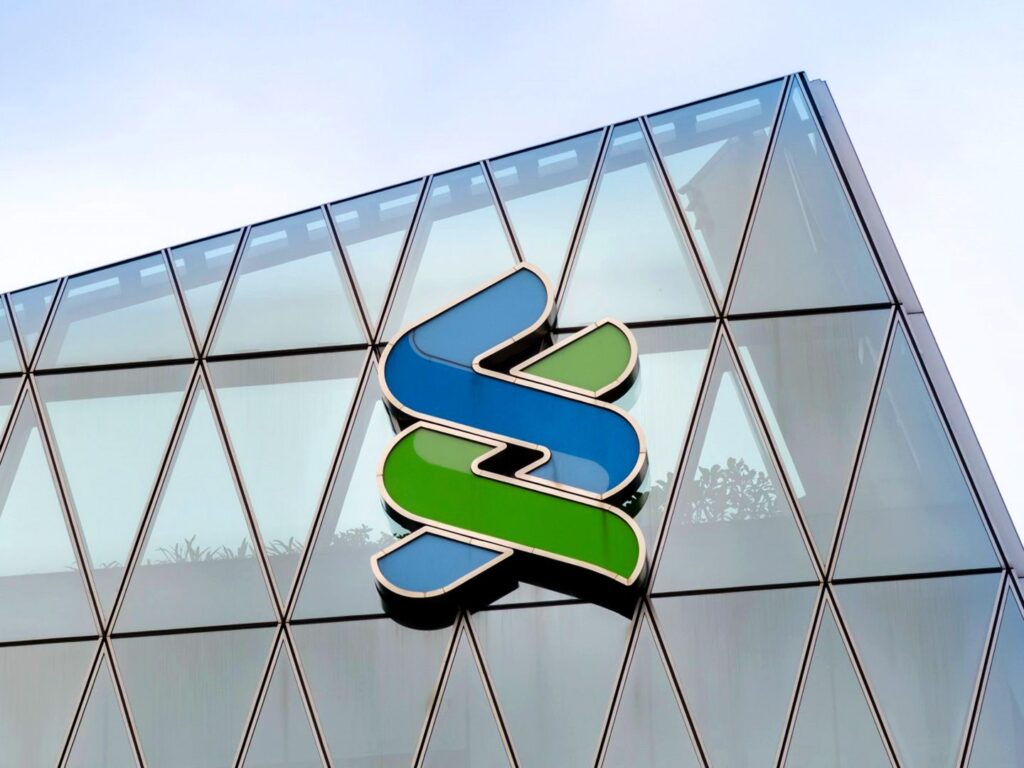The participation of the Ministry of Corporate Treasury in Ether (ETH) has skyrocketed in recent months, with institutional bodies currently holding 1% of the distribution supply of cryptocurrency, according to a report by Investment Bank Standard Chartered (STAN).
Banks expect Ether Treasury Holdings to reach 10% of total supply over time, increasing 10 times from current levels.
The pace of buying rivals will flow into spot ether exchange trade funds (ETFs), which are seeing record demand, the report says.
Several companies recently announced etheric financial strategies that generate passive yields through ETH staking. These include Bitmine Immersion Technologies (BMNR) and Sharplink Gaming (SBET).
The recent influx of both ETF and corporate demand has probably helped to drive ether outperformance against Bitcoin (BTC), with the ETH/BTC ratio rising from 0.018 in April to 0.032 in July, writes Geoff Kendrick, global head of digital asset research at Standard Chartered.
This trend outweighs Bitcoin comparable companies’ intakes and could mark the beginning of long-term structural changes in their institutional digital assets portfolio, Kendrick said.
Unlike Bitcoin, Ether Treasury Holdings currently stands at around 3%, with decentralized finance (DEFI) benefiting from leverage opportunities, giving it a structural advantage over the BTC Treasury Ministry.
Standard Chartered argues that this regulatory ruling has become an increasingly attractive asset for listed companies seeking to hold digital assets on their balance sheets, especially in jurisdictions where direct crypto access is limited.
The bank maintained its year-end price target of $4,000. The world’s second largest cryptocurrency traded around $3,830 at the time of publication.
read more: Ether Treasuries target yields, but risks are looming, says Wall Street Broker Bernstein



